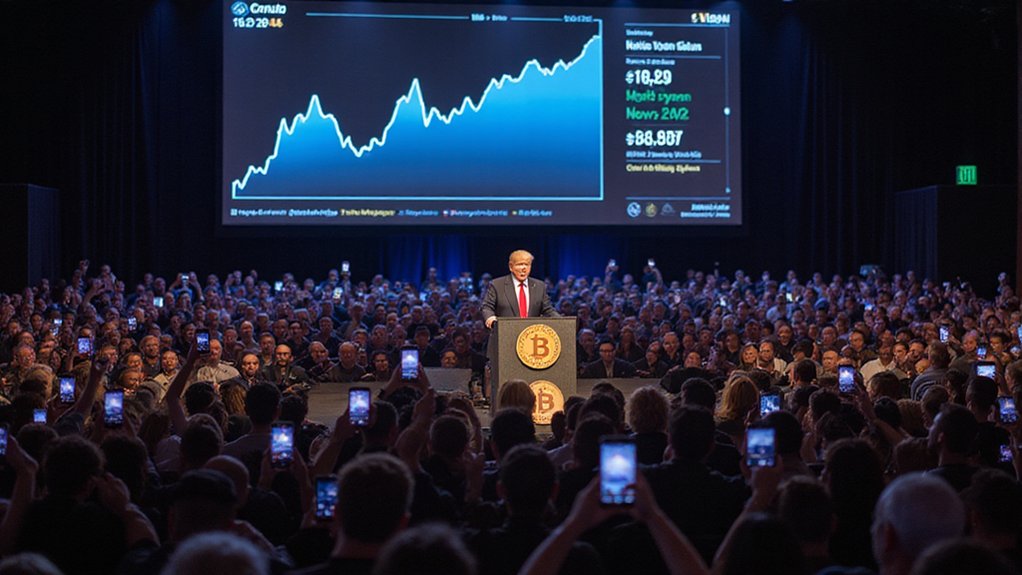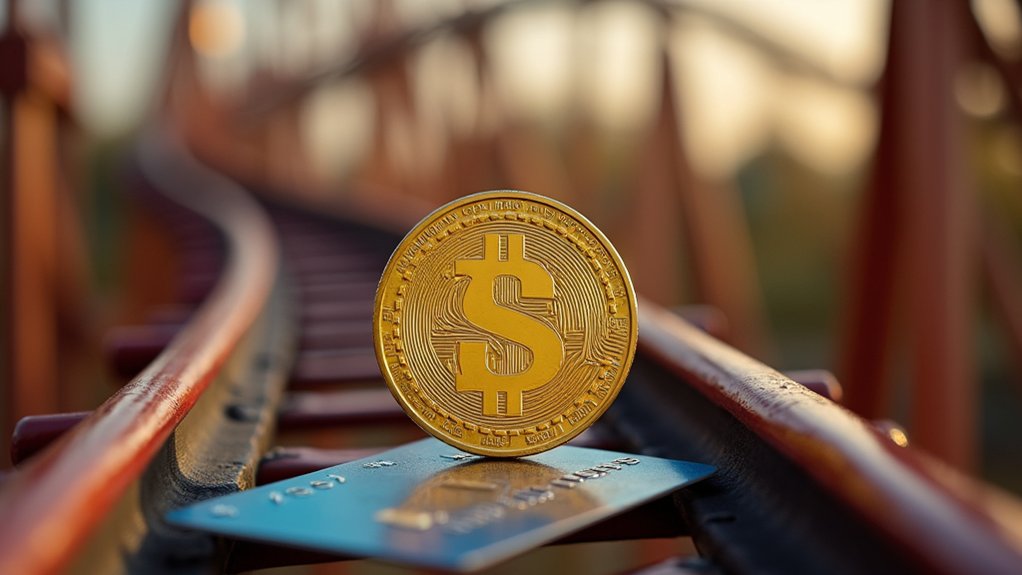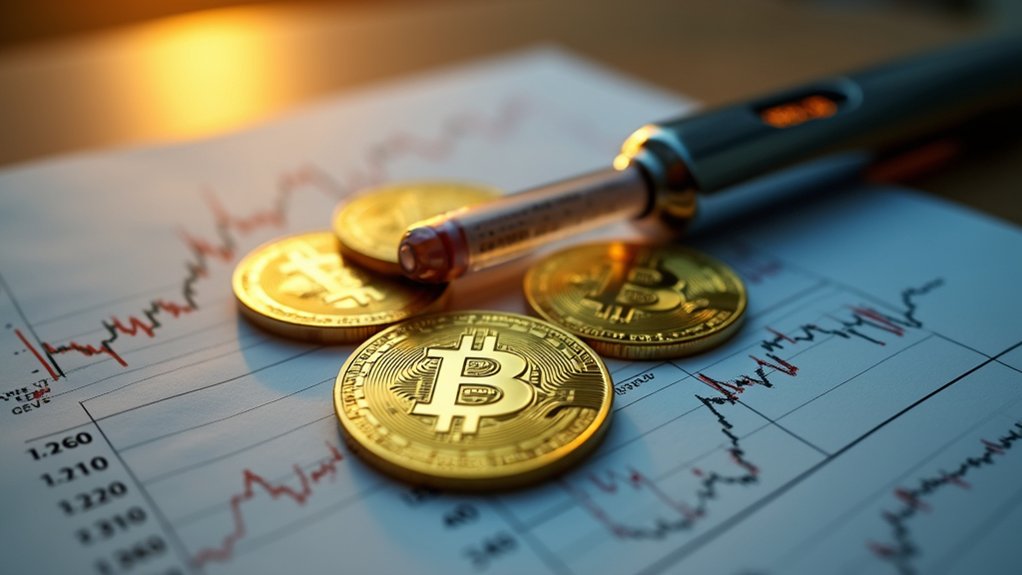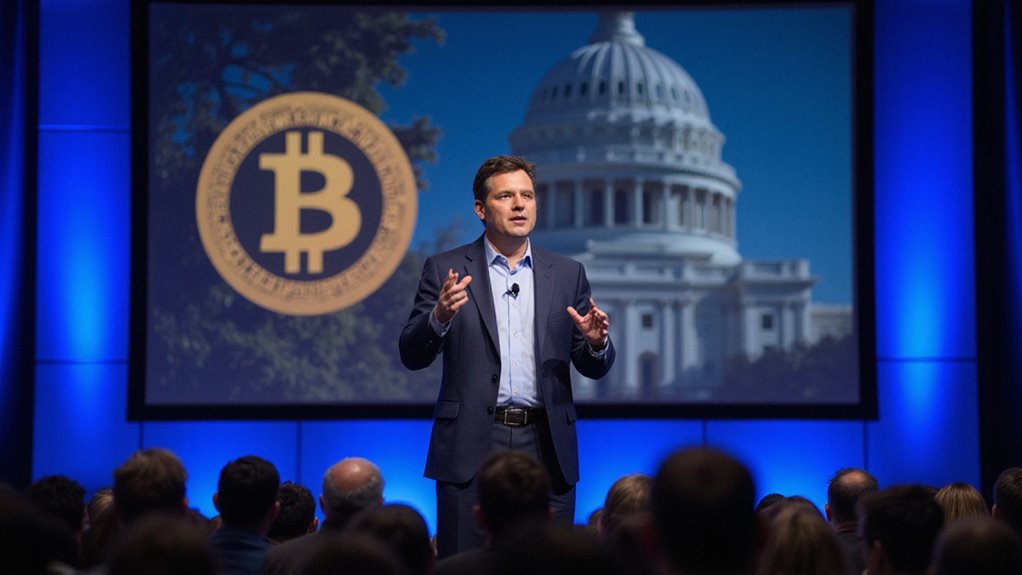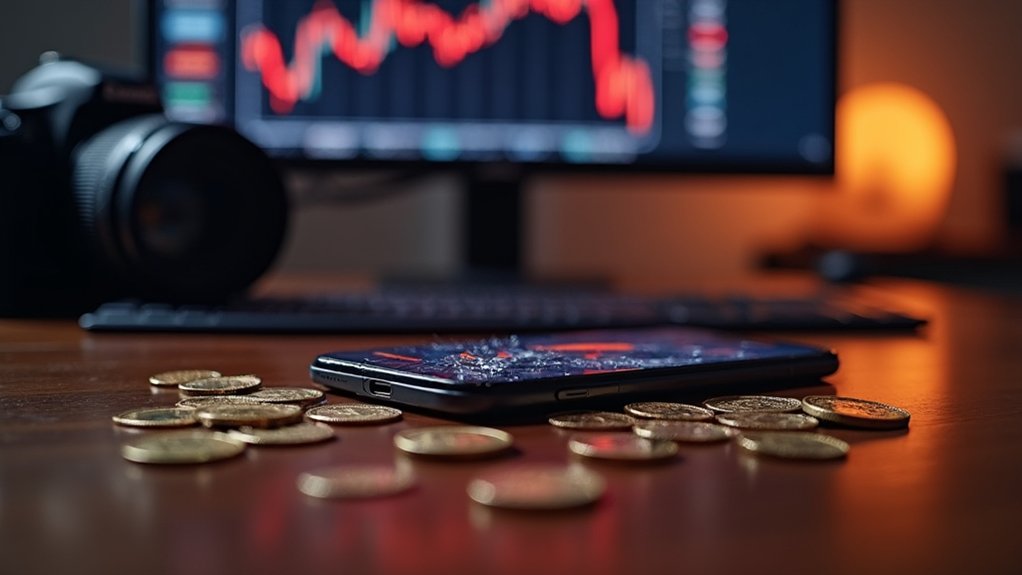This metamorphosis has proven remarkably profitable for the former president, with cryptocurrency now constituting a staggering 89% of his personal wealth.
His ventures into meme coins—$TRUMP and $MELANIA—have yielded substantial returns, demonstrating the peculiar alchemy of celebrity, politics, and speculative finance that characterizes today’s digital asset landscape.
The forthcoming Bitcoin Conference 2025 in Las Vegas will serve as a veritable coronation of Trump’s crypto credentials, featuring his sons Eric and Donald Jr. among the event’s headline speakers.
The conference, scheduled for May 27-29, aims to advance what organizers call “global hyperbitcoinization”—a somewhat grandiose term for the widespread adoption of Bitcoin as a dominant financial instrument.
For those seeking an exclusive VIP experience, the conference offers Whale Pass Benefits that include premium networking opportunities and backstage access with prominent industry speakers.
Trump’s executive order prioritizing digital financial technology represents more than mere posturing; it establishes concrete frameworks for digital assets while explicitly prohibiting central bank digital currencies (CBDCs).
The administration’s consideration of a national digital assets stockpile—potentially building upon the 213,297 Bitcoin already seized from criminal enterprises—reflects a pragmatic recognition of cryptocurrency’s enduring role in modern finance.
Following his success with meme coins, Trump has reportedly been exploring how to create additional tokens by defining their smart contract parameters through specialized development tools.
The market has responded enthusiastically to this regulatory clarity, with Bitcoin recently surpassing the psychologically significant $100,000 threshold.
Industry participants anticipate that America’s emergence as a crypto-friendly jurisdiction will accelerate innovation and capital formation in the sector.
The conference theme “Code and Country” underscores the deepening intersection between cryptocurrency, artificial intelligence, and space exploration that has become central to Trump’s technological vision.
The irony, of course, is that cryptocurrency—initially conceived as a mechanism to circumvent governmental monetary control—now finds itself enthusiastically embraced by a former president seeking regulatory advantage in global financial competition.
Whether this represents cryptocurrency’s ultimate victory or its final co-option remains an open question that even the most sophisticated blockchain algorithms cannot yet solve.
